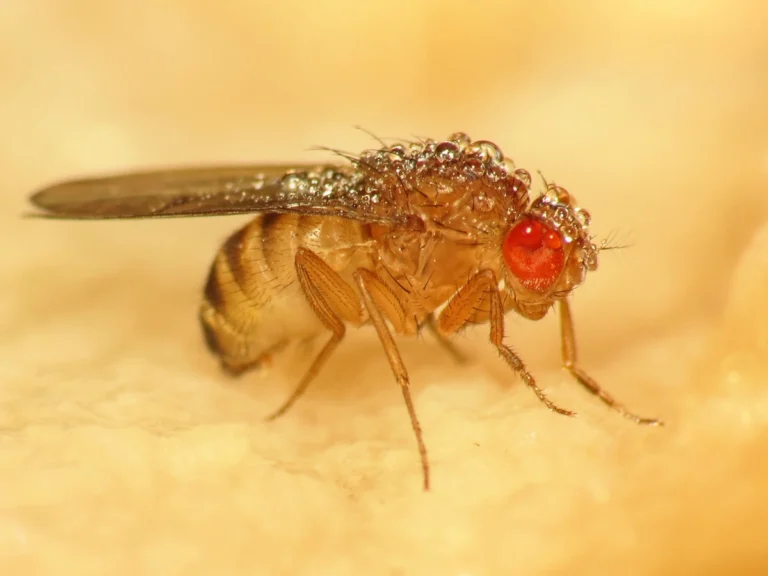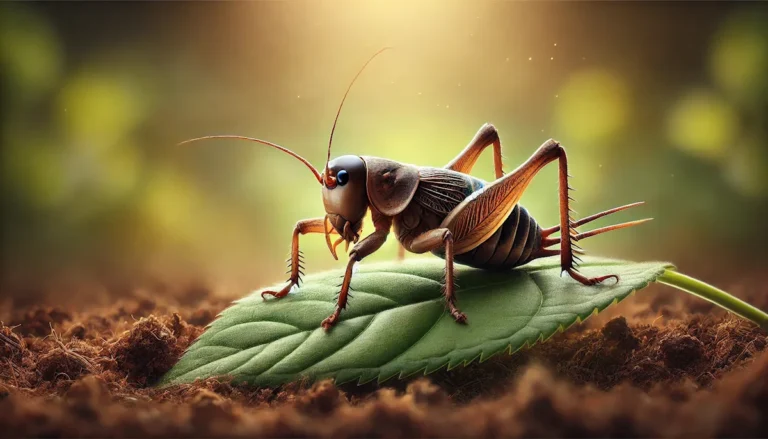Table of Contents
ToggleWebworms, or Hyphantria cunea, are a common sight in South Florida. Their silky tents in tree branches are hard to miss.
These pests can defoliate plants and create an unsightly landscape. But fear not, there are ways to manage them effectively.
This article will guide you through identifying, preventing, and eliminating webworms. From understanding their life cycle to exploring various control methods, we’ve got you covered.
Whether you’re a homeowner, a gardener, or a landscape professional, you’ll find practical, actionable advice here. Let’s reclaim your beautiful South Florida landscape from these pesky invaders.
Identifying Webworms in Your Landscape
Webworms are known for their distinctive webs. They build these silky tents in tree branches, making them easy to spot.
These pests primarily feed on deciduous trees. However, they can affect a variety of plant species.
Regular monitoring of your trees is crucial. Early detection of webworms can prevent severe damage to your landscape.
Remember, a healthy tree is less likely to attract webworms. So, maintaining the overall health of your plants is a key step in webworm control.
The Life Cycle of South Florida Webworms
Understanding the life cycle of webworms is key to effective control. These pests go through four stages: egg, larva, pupa, and adult.
The larvae are the most destructive stage. They feed on leaves, causing defoliation and stress to the tree.
The adult webworms are moths. They lay their eggs on the underside of leaves, starting the cycle anew.
Timing your control measures to target the larvae can significantly reduce webworm populations.
Natural Predators and Biological Control
Webworms have several natural predators. These include birds, wasps, and spiders. Encouraging these predators can help control webworm populations.
Biological control methods are an effective and eco-friendly approach. They involve using the webworm’s natural enemies to keep their numbers in check.
Here are some predators that can help:
- Birds
- Wasps
- Spiders
- Predatory beetles
- Parasitic flies
Remember, a balanced ecosystem is the best defense against pests.
Cultural Practices for Webworm Prevention
Maintaining tree health is a key part of webworm prevention. Healthy trees are more resistant to infestations. Regular watering, proper fertilization, and timely pruning can help keep your trees strong.
Avoid over-fertilization as it can lead to excessive foliage. This can attract webworms. Instead, aim for balanced growth.
Regular cleanup of fallen leaves and debris is also important. It reduces the places where webworms can overwinter.
Mechanical Control: Removing Webworms by Hand
Mechanical control is a direct method of dealing with webworms. It involves physically removing the webs and larvae from your trees. This method is most effective when infestations are small and localized.
Remember to destroy the removed webs and larvae. This prevents them from re-infesting your trees.
Chemical Control: When to Consider Insecticides
Chemical control should be your last resort. It’s necessary when infestations are severe and other methods have failed. Always use insecticides carefully to avoid harming beneficial insects.
Insecticides should be selected and applied by professionals. They have the knowledge to choose the right product and apply it safely.
Remember, timing is crucial. Targeting the larvae when they are young is more effective.
Integrated Pest Management (IPM) Strategies
Integrated Pest Management (IPM) is a comprehensive approach. It combines various strategies for effective webworm control.
IPM includes regular monitoring of trees. Early detection of infestation can prevent severe damage.
It also involves using natural predators. Encouraging birds, wasps, and spiders can help control webworm populations.
Lastly, IPM includes the careful use of insecticides. They should be used only when necessary and applied by professionals.
Conclusion: Effective Webworm Control in South Florida
Webworms can be a nuisance, but with the right approach, you can protect your landscape from these pests. By understanding their life cycle and using a combination of natural, cultural, and mechanical controls, you can effectively manage webworm populations and maintain a healthy environment for your plants.
Trust On Demand Pest Control for Professional Webworm Management
If you’re dealing with a severe webworm infestation, On Demand Pest Control is here to help. Our team of experts can provide effective and safe solutions tailored to your specific needs.
Why Choose On Demand Pest Control?
- Expert Knowledge: Our professionals are experienced in managing webworm infestations in South Florida.
- Eco-Friendly Solutions: We prioritize environmentally friendly methods to protect your landscape.
- Reliable Service: Your satisfaction is our priority. We provide dependable and efficient pest control services.
Get Professional Help Today!
Don’t let webworms ruin your beautiful landscape. Contact On Demand Pest Control today for professional assistance and reclaim your garden from these pests. Call us now for expert advice and effective solutions.




